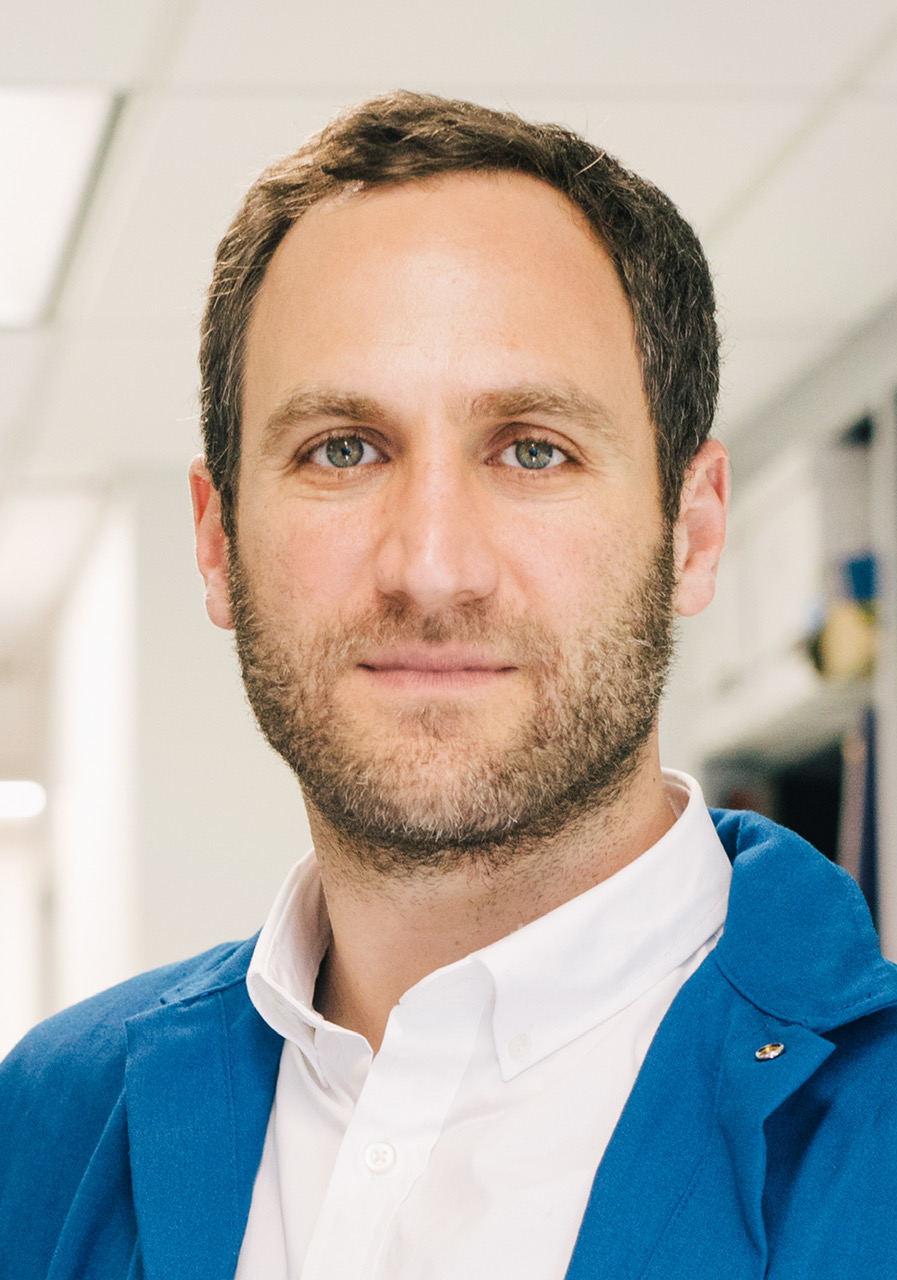Reprogramming Human Immune Cells with CRISPR
The Marson lab at UCSF is developing CRISPR genome engineering technologies to understand genetic circuits that control human immune cell function in health and disease. We have developed platforms to reveal critical genome programs that control human T cell function, and new non-viral methods to re-write targeted genome sequences to reprogram human cells. Human immune cells are now tractable for genetic exploration and manipulation. Functional genetic studies are revealing how genetic variation contributes to immune-mediated diseases and opens new paths to treatments. We have begun to deconstruct molecular circuits that control specialized primary T cell functions. Looking forward, we aim to reprogram precise gene circuits in human immune cells and engineer improved cell therapies for cancer, autoimmune diseases, and infectious diseases.

Alex Marson completed medical school at Harvard, PhD training at the Whitehead Institute/MIT with Richard Young and Rudolf Jaenisch, Internal Medicine residency at the Brigham and Women’s and clinical training in Infectious Diseases at UCSF. He was a UCSF Sandler Faculty Fellow from 2013–2016. Marson is now an associate professor in the UCSF Department of Microbiology and Immunology, with joint appointments in the Department of Medicine and the Diabetes Center. He is also affiliated with the UCSF Helen Diller Cancer Center and a member of the Parker Institute for Cancer Immunotherapy (PICI). He is the scientific director of biomedicine at the Innovative Genomics Institute (IGI) and was selected as one of the inaugural Chan Zuckerberg Biohub investigators. His lab integrates systems-scale investigations of human T cell circuitry with functional perturbation studies, including genome editing in primary T cells.
